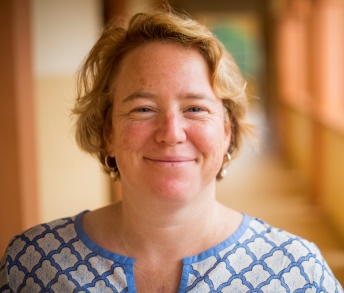November 9, 2016
9:00pm – 9:45pm
Lecture Hall 43-105 CHS
About the lecture: Forests are not only an important global resource: forests also provide essential food and shelter for people that live in and adjacent to them and play important cultural roles for local populations. Despite this, when the global community and local governments create programs to protect forest resources, the rights and needs of forest-dependent populations are not always explicitly considered. Ideally, local populations should be active participants in both the development of conservation programs and in resource management. Health Impact Assessment (HIA) provides a methodology both for holistically assessing the impacts of proposed conservation programs and policies on local populations and for substantively engaging those populations in the development of sustainable approaches to forest conservation. Here, I present results from a pilot HIA of a proposed forest conservation project in Southern Cameroon. First, I will discuss how past forest conservation policies and programs have impacted indigenous populations in the region. Next, I will discuss how the pilot HIA has provided insights into local priorities and best practices for engaging indigenous populations. Finally, I will discuss how these insights can help inform the development and implementation of sustainable programs in the region.
About the speaker: Hilary Godwin joined the UCLA faculty in 2006 and is a Professor of Environmental Health Sciences Department and in the Institute of the Environment and Sustainability at UCLA. Prior to coming to UCLA, Dr. Godwin was on the faculty of the Chemistry Department at Northwestern University (1996-2006). She previously served as Chair of Chemistry at Northwestern University and as Chair of Environmental Health Sciences at UCLA and is currently Associate Dean in the UCLA Fielding School of Public Health. Dr. Godwin engages in highly collaborative research focused on interdisciplinary problems at the intersection of the environment and human health. She has the tremendous fortune to collaborate with a very talented group of students and scholars from a variety of disciplines, both locally and globally.

